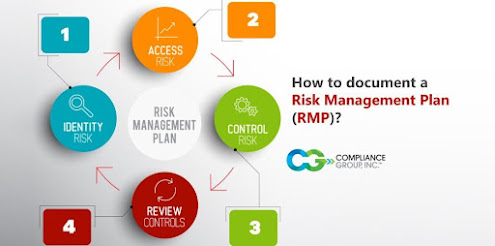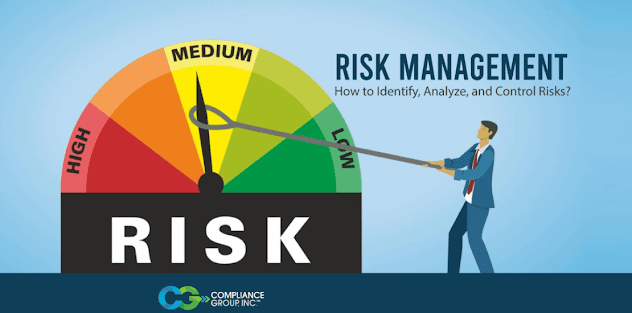Risk Management – How to document a Risk Management Plan (RMP)?

The development of new medical devices or any new project brings a new set of risks. A risk management plan (RMP) must be developed at the start of the risk management process for a new project or device development, according to ISO 14971. However, risks cannot be avoided entirely; they can only be mitigated and anticipated through an established risk management plan. It is recommended that the following components be included when documenting the RMP to ensure that the development and product teams are aligned with the risk management plan and are responsive and agile when dealing with risk impacts. Define the purpose of identifying the risk The scope of the medical device RMP is to identify risks by anticipating potential product development and manufacturing activities from design to market release. To market a device, the organization should review and update the RMP to ensure that the device was manufactured with appropriate measures and is compliant with industry standards for c


